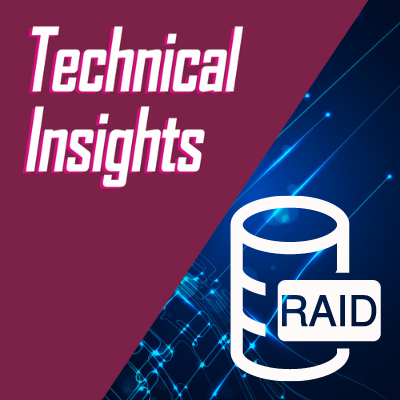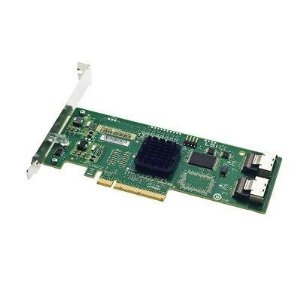Hello,
I've always used RAID controllers for servers and never looked at an HBA controllers. I run Windows - I do not run linux (and I'm unlikely to switch even though linux is a good OS). Can someone please tell me if you are doing something like RAID 5 or 5.1 if there is a difference with comparable products from the same company e.g. Microsemi or Broadcom -
In the performance / speed?
detection of failed drives?
Impact on the motherboard processor?
I admit I really have no idea when to use an HBA vs. a RAID controller.
I've always used RAID controllers for servers and never looked at an HBA controllers. I run Windows - I do not run linux (and I'm unlikely to switch even though linux is a good OS). Can someone please tell me if you are doing something like RAID 5 or 5.1 if there is a difference with comparable products from the same company e.g. Microsemi or Broadcom -
In the performance / speed?
detection of failed drives?
Impact on the motherboard processor?
I admit I really have no idea when to use an HBA vs. a RAID controller.







